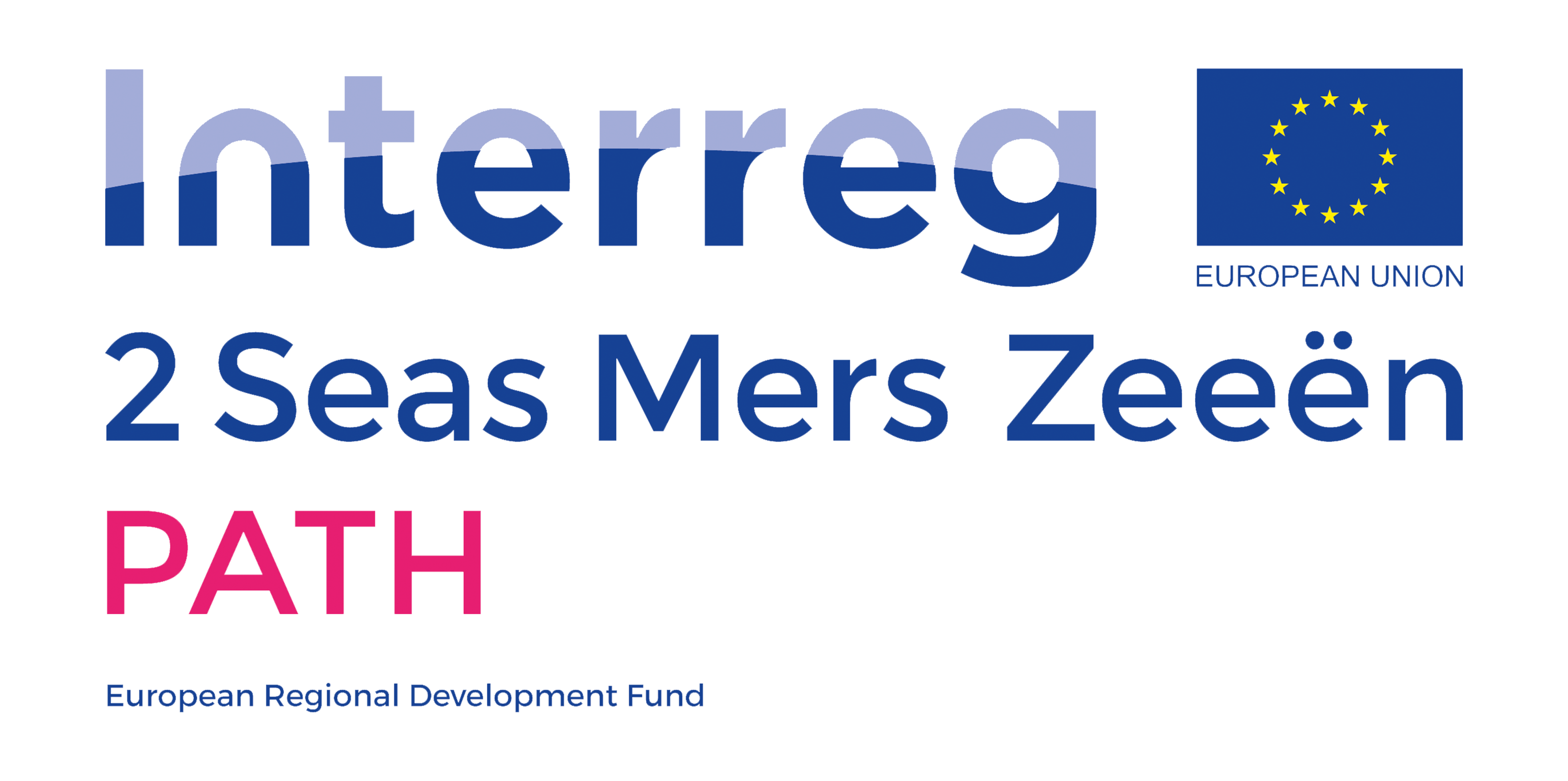
© 2021 Copyright: Bournemouth University
*Mapping data from the Maternal Mental Health Alliance http://everyonesbusiness.org.uk
MBRRACE-UK report published in November 2018 shows that maternal suicides continue to be the leading cause of direct deaths occurring between six weeks and one year after the end of pregnancy.
| Causes | Percentage (%) |
| Coincidental malignancy | 20 |
| Suicide | 18 |
| Drug and Alcohol / others | 13 |
| Cardiac disease | 12 |
| Neurology | 8 |
| Indirect- malignancy | 8 |
| Other indirect deaths | 7 |
| Thrombosis and thromboembolism | 4 |
| Indirect- sepsis | 4 |
| Coincidental- others | 2 |
| Homicide | 2 |
| Haemorrhage/ early pregnancy death/ pregnancy related sepsis/ eclampsia/ pre-eclampsia | 1 |
| Unknown cause | 1 |
Most women will have mild to moderate illness, including depression, anxiety and PTSD, but some will have severe depression, PTSD or pre-existing serious illness like schizophrenia or bipolar disorder or they may develop postpartum psychosis with no previous history. Some women will have drug and alcohol problems.
MMBRACE report 2020 – Infographic
Approximately 10% fathers experience PMI but 25-50% of fathers will experience perinatal anxiety or depression when the mother also has a PMI.
The consequences include immense distress for women and their families. The first two years of a baby’s life are the building blocks of their long-term social and emotional development. Please refer to ‘Impact on child development’ for more information.
The huge economic impact of untreated perinatal depression, anxiety and psychosis carries a total long-term cost to society of about £8.1 billion for each one-year cohort of births in the UK, with two-thirds of the cost being linked to short and long term problems for the child
90% of women diagnosed with perinatal mental health illness are cared for in primary care.
Treatment is effective and there are clear guidelines for care. Intervening early reduces the impact of the disorders on the mother, her child and family.